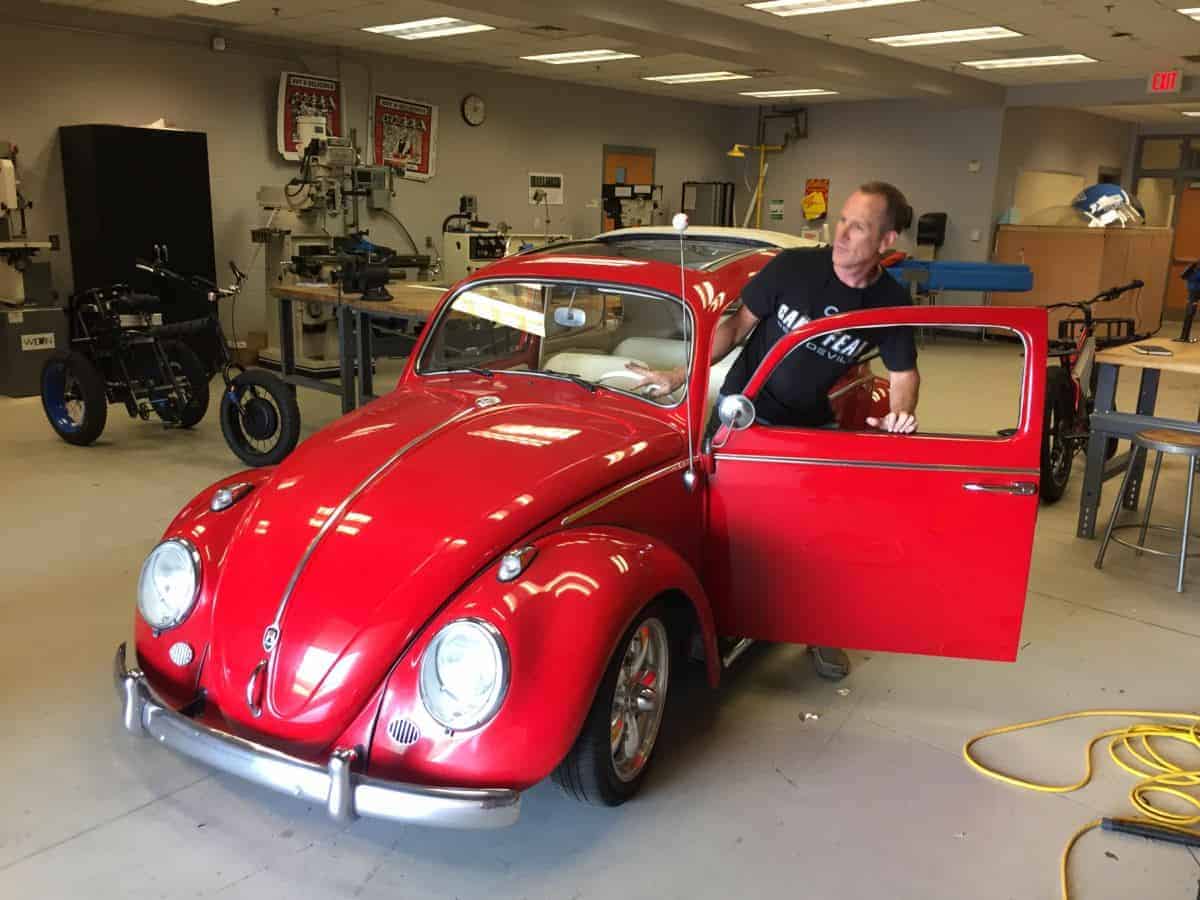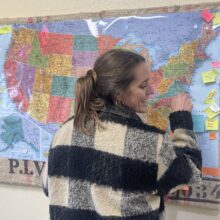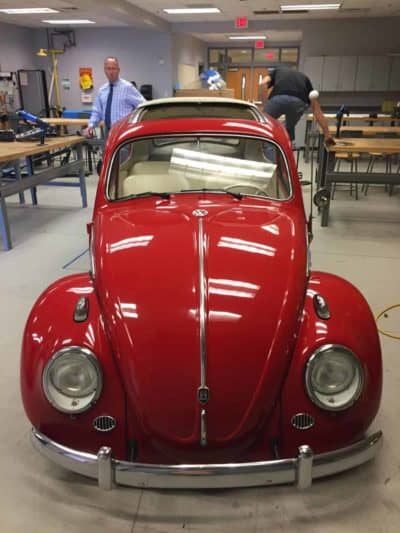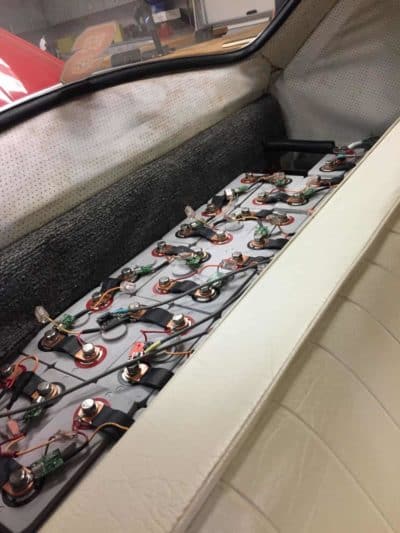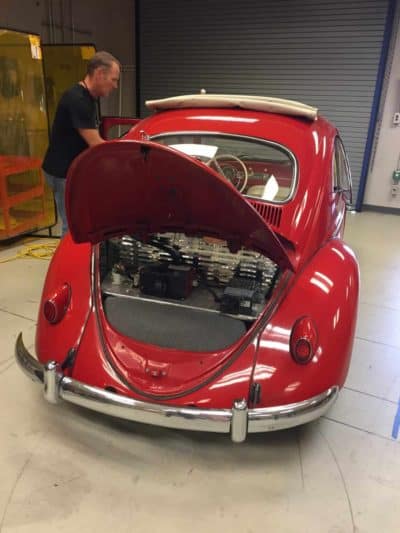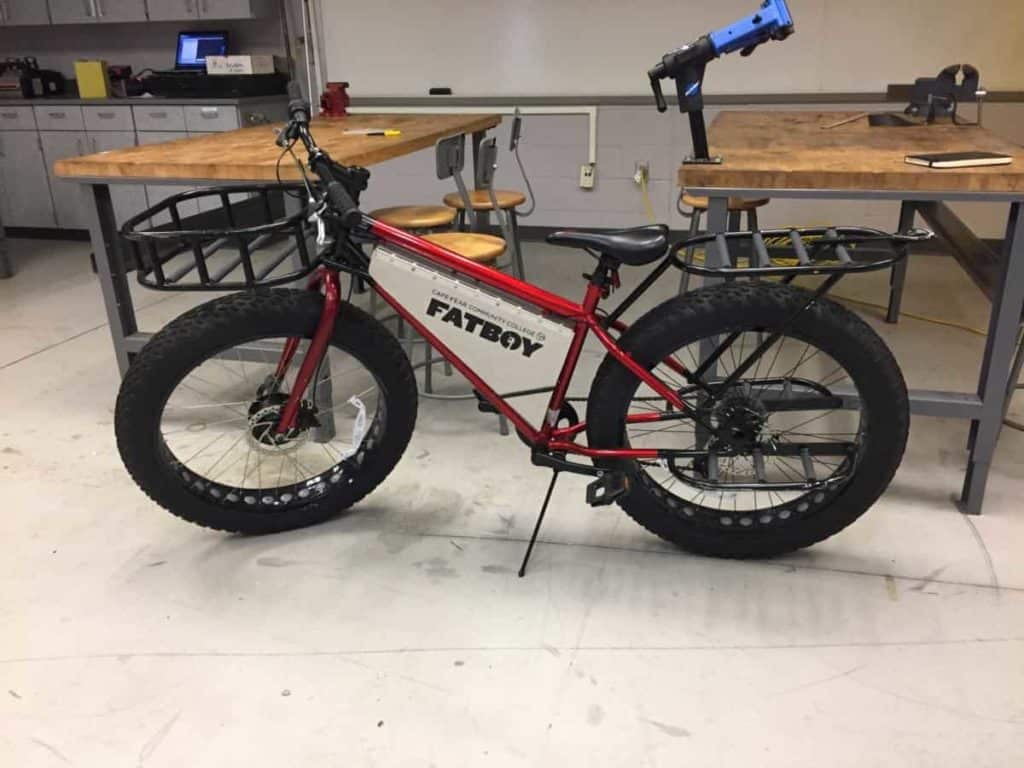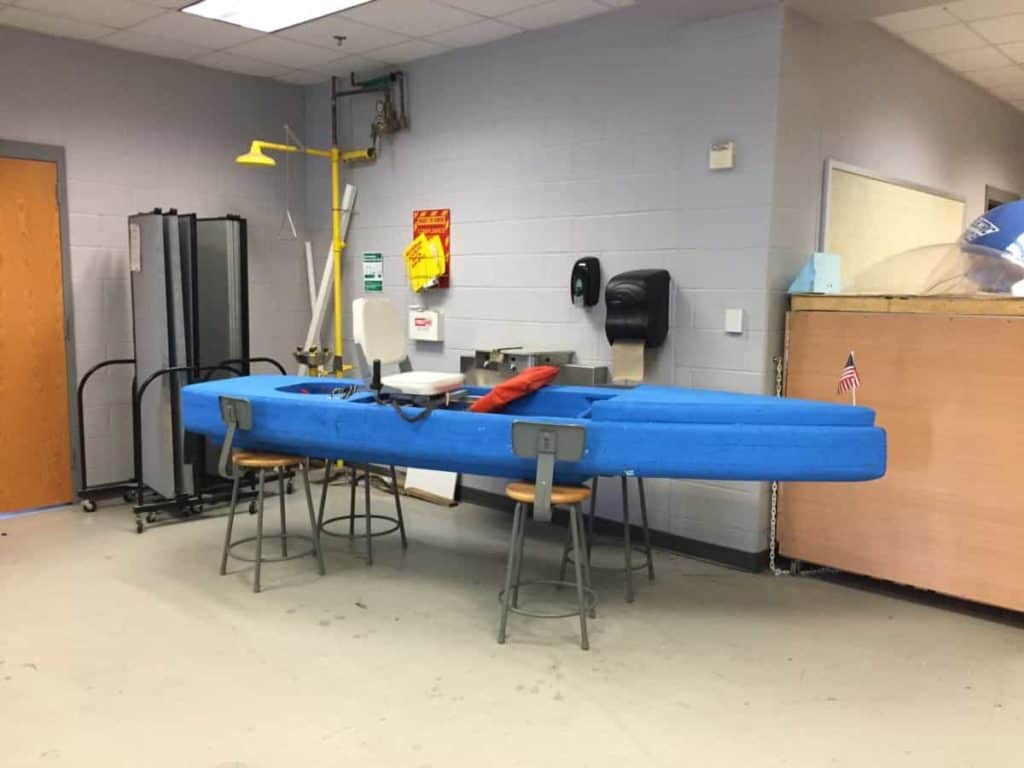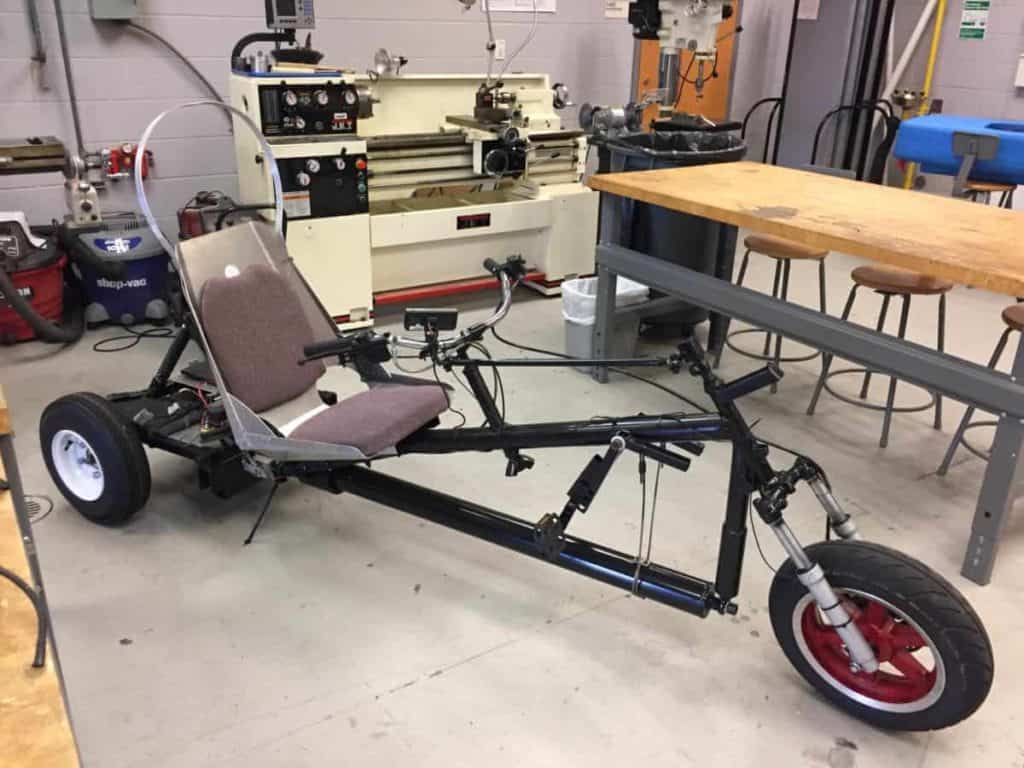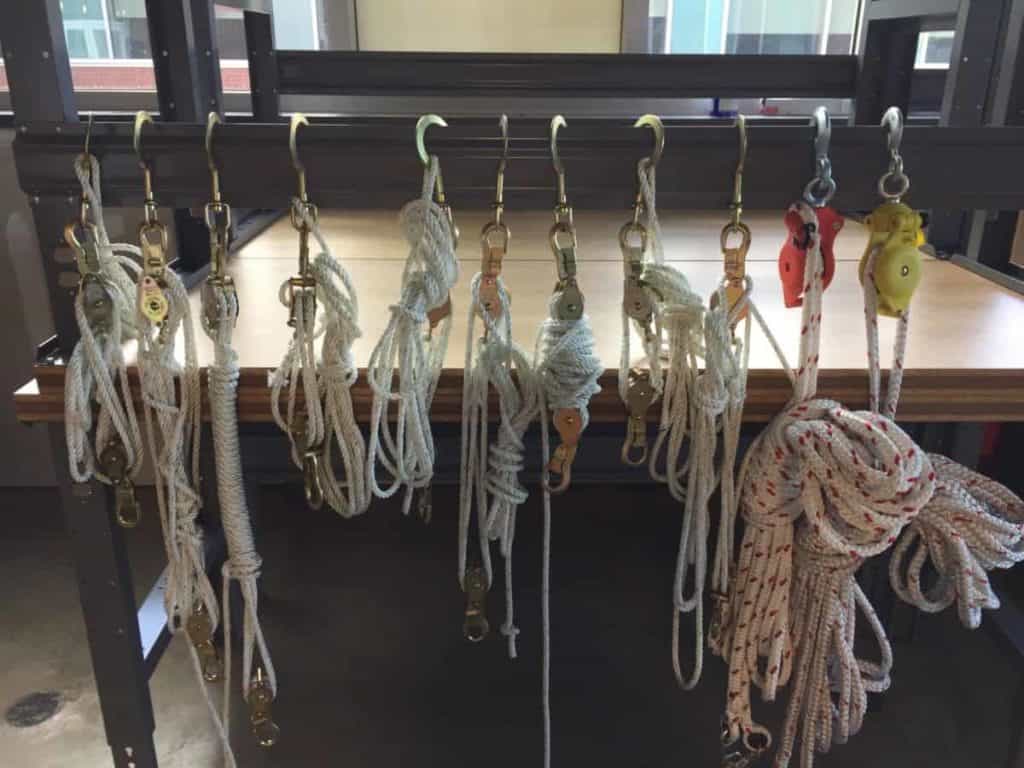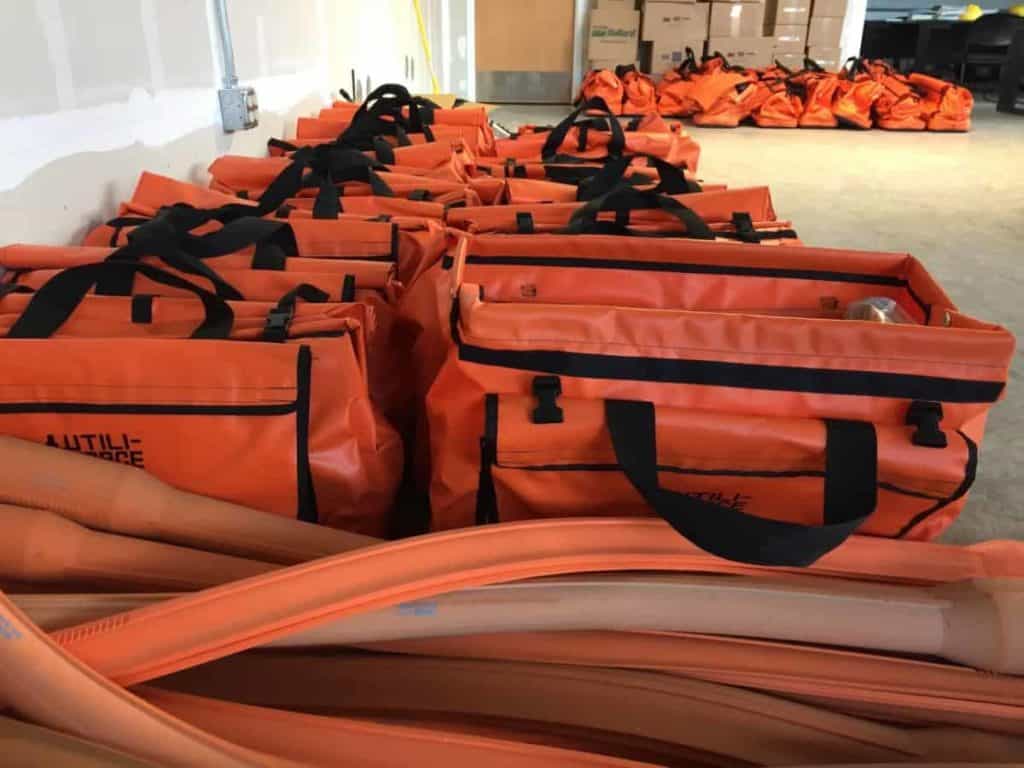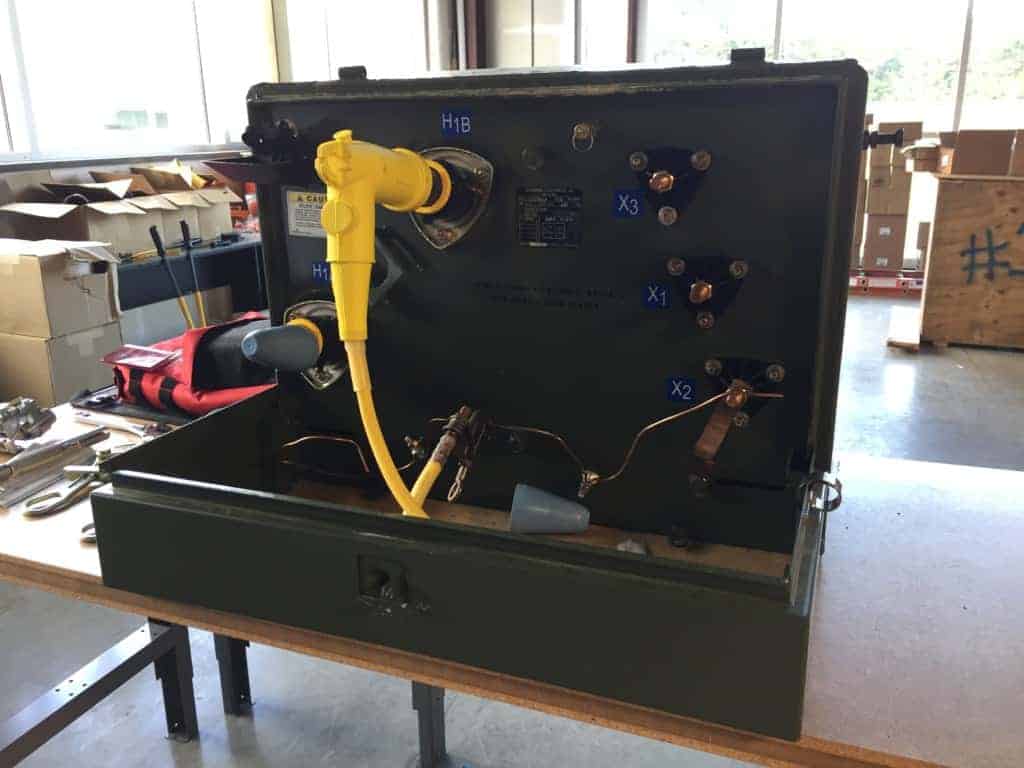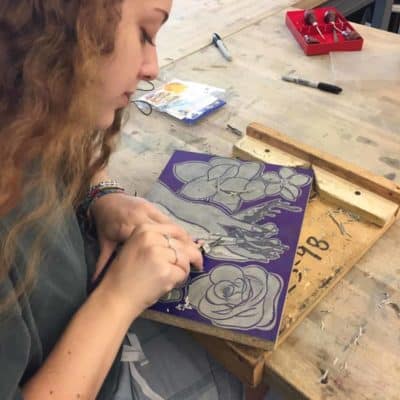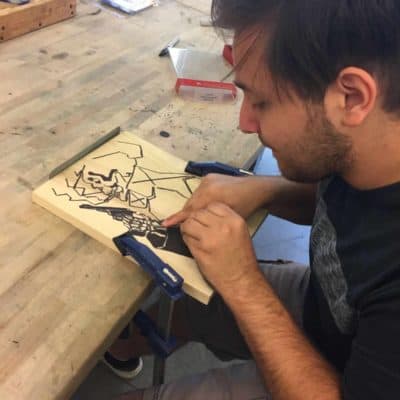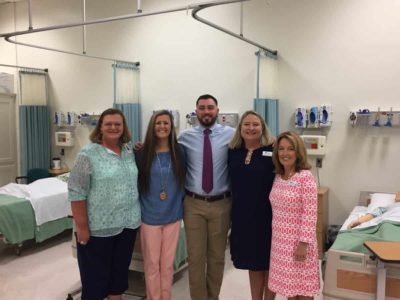If you go to the mechanical engineering technology classroom on Cape Fear Community College’s north campus, look for a cherry red Volkswagen beetle, commonly known as a bug. This is no normal bug. This is instructor Steve Garrett’s neighborhood ride fully converted to run on electric power.
Garrett works in the mechanical engineering technology (MET) department where he practices his passion while converting vehicles to run on electric and solar energy. In his second-year MET class, the students are charged with creating vehicles, whether they be boats, bikes, or otherwise, to run on electricity or solar.
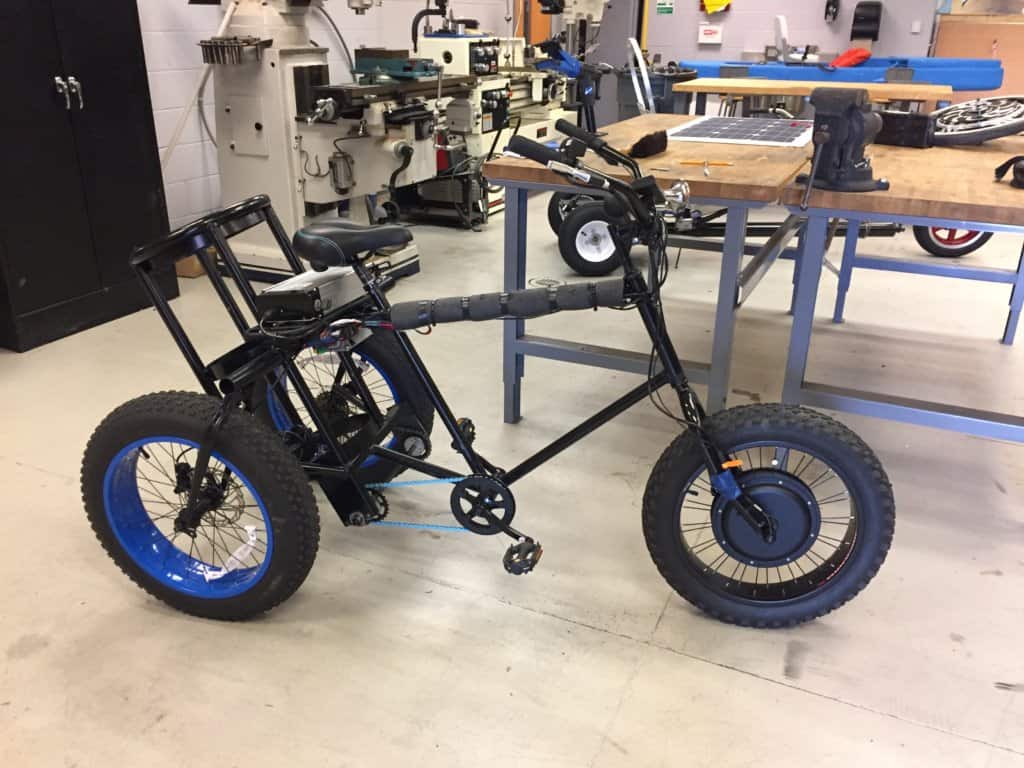

To build the vehicles, students start by taking design classes to conceptualize their design on the computer. They then do a feasibility study, parts inventory, and figure out a way to construct it financially. Before moving to the composition phase, they must present to faculty and an advisory committee from the community. Those committees select projects based on feasibility, viability, and other factors. The chosen few blueprints are then given the green light for construction.
“This is the whole engineering process start to finish. They have to build it frame up, steering, seats, all the safety features, everything,” said Garrett.
The final deadline is the local Azalea Festival Parade, where vehicles ride proudly among the floats, clubs, and marching bands. Garrett hopes to make this a statewide community college competition one day.
Across campus, there is another kind of electricity at work. The power line technician training program, which recently received a $200,000 grant from Duke Energy and Piedmont Natural Gas, is looking to turn out graduates quickly — ten weeks to be exact. The program hopes to address a perfect storm in the electrical industry: the demand for more reliable energy, a need to modernize existing models, and job openings due to the high retirement rate expected in the upcoming years.
There will be an estimated 1,400 entry power lineman job openings every year for the next six years in North Carolina.
Cape Fear is offering a ten week boot camp to get students not just prepared but employed. During the course, students receive the opportunity to earn a Career Readiness Certificate and are ready for entry-level electric work after 400 hours of class. According to CFCC, the 2016 median wage for experienced linemen was $60,800 a year.
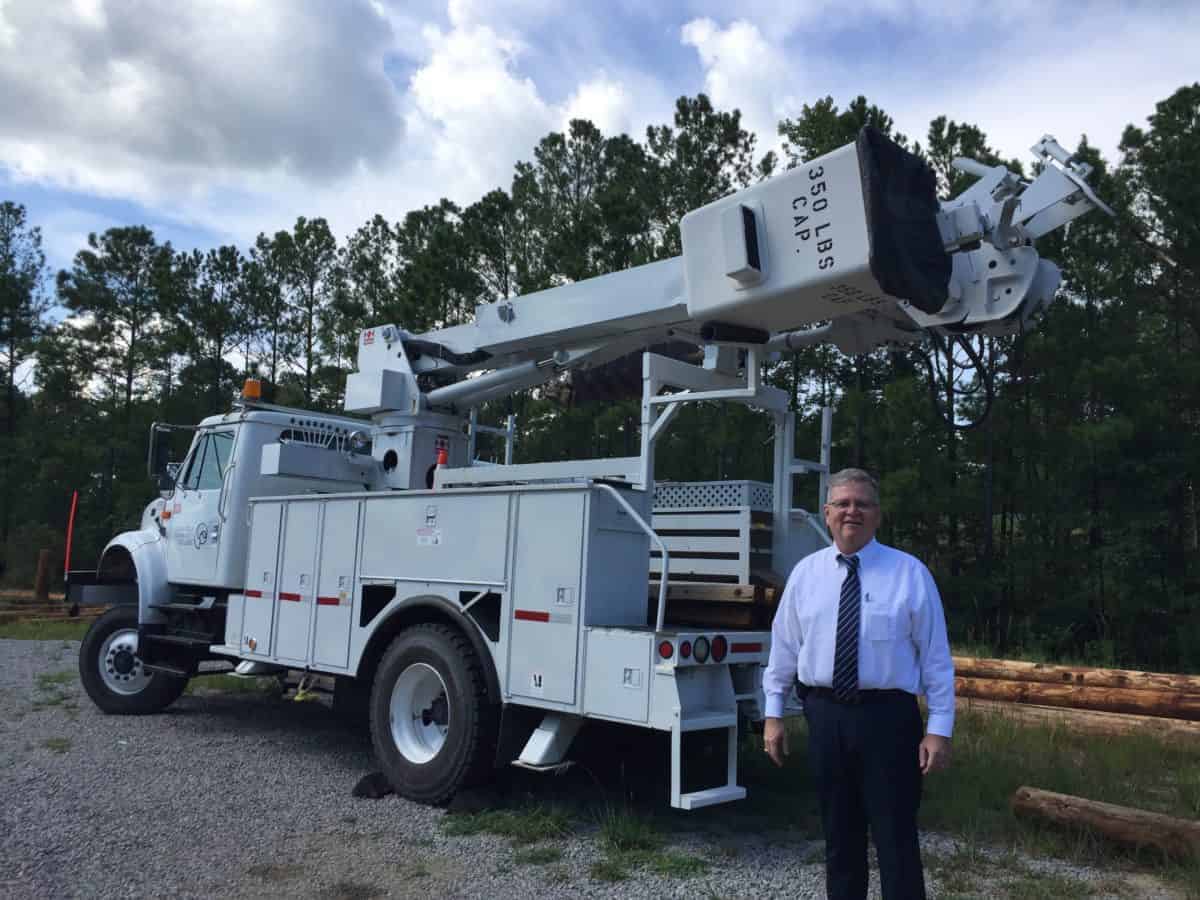

In downtown Wilmington at CFCC’s main campus, one can find a different energy at play. The fine arts department is located in the Wilson Center, a 1,500 seat performance hall hosting Broadway shows, concerts, symposiums and more. Students get hands-on experience working on stage. From building sets and costuming play production to running lights and sound checks, CFCC students have the benefit of their classroom being a state-of-the-art theater. The Wilson Center also houses art and music studios, dark rooms, rehearsal rooms, piano labs, and more for all those seeking an associate’s in the arts.
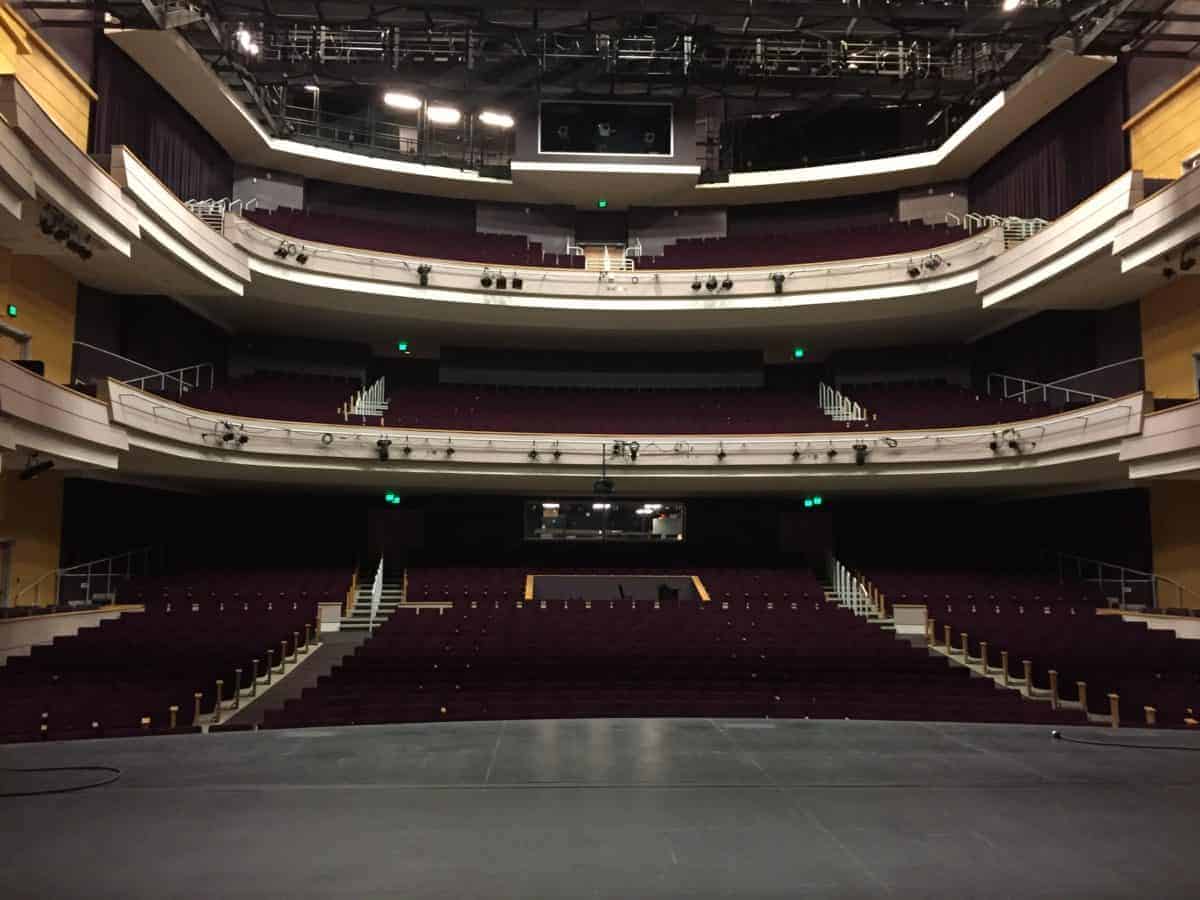

“As a person who really wants do acting as my career, I find that, you know, the teachers here give really great opportunities to learn about business and learn what you need to do and the steps that you need to take in order to continue on and do what you want to do,” said drama student Britini McNeill.
Wilmington prides itself on having a thriving art and theater culture. According to WilmingtonBiz, “An economic impact study conducted in New Hanover County found that the nonprofit arts and culture industry generates $55.8 million in overall economic activity and supports 2,076 jobs annually.” As is the case across North Carolina, CFCC plays an integral part in the economic development of the county and in this case the cultural development as well.
